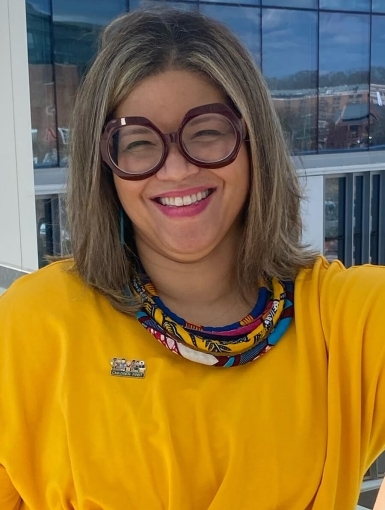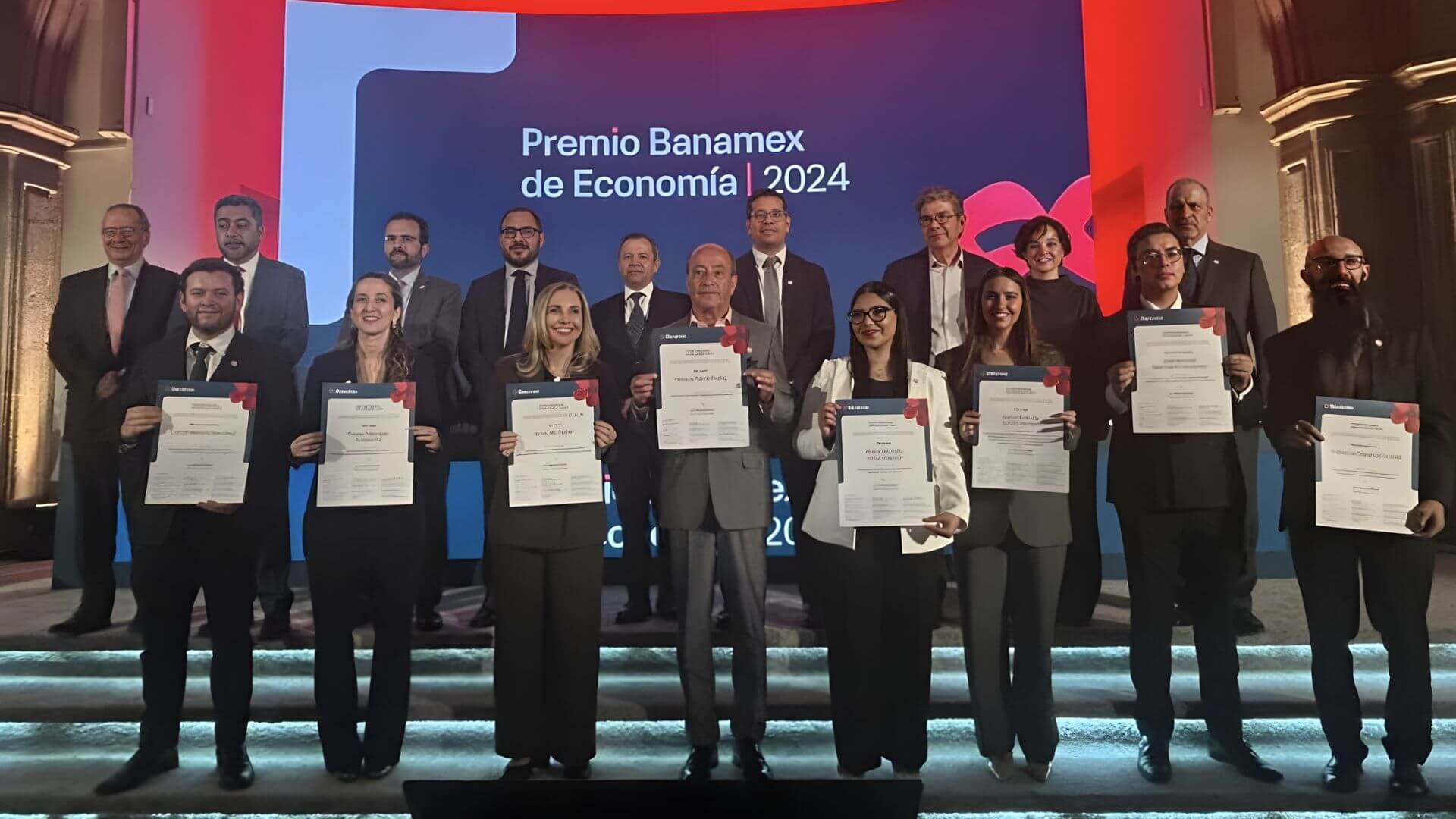
Associate Clinical Professor Brandi Slaughter, program director of The Karabelle Pizzigati Fellows Initiative in Advocacy for Children, Youth and Families, has spent her career fostering systemic change. Starting her career providing direct services to children and high-risk youth, she later transitioned into advocacy, supporting impactful state and federal policies. Slaughter recently joined the board of the League of Women Voters, where she continues to champion civic engagement and voter education initiatives, further amplifying her commitment to community empowerment and democratic participation.
We recently connected with Slaughter to learn more about her new role on the board of the League of Women Voters, her advocacy for issues specific to women and the role of education in shaping civic participation.
Congratulations on your selection to serve on the board for the League of Women Voters. What does this opportunity mean to you?
Out of the over 65,000 members of the League of Women Voters, I am one of twelve who were elected to serve on the US Board. This is a tremendous honor.
The League of Women Voters was born out of the suffrage movement yet it is on a journey of transformation. When I think about suffrage, I think of white feminism. I think about a history that didn’t embrace me–a black woman–in that struggle. A history that relegated the women of Delta Sigma Theta Sorority Inc. to the back of the line at the suffrage parade in 1913.
It's a joy to be a part of what has been prioritized at the League, a commitment to diversity, equity and inclusion. As I sit on the board, I get the opportunity to support the League and foster a culture of belonging–one that equips and empowers black and brown people, youth and other marginalized communities to join in the fight to protect democracy. This is incredibly rewarding, especially during a period when tensions run high and we are experiencing acute political polarization.
Women have registered and voted at higher rates than men in every presidential election since 1980. What factors do you believe contribute to this trend, and how has it influenced public policy and election outcomes?
Women not only register and participate at higher rates than men, women also power our elections as poll workers, election observers and volunteers that make our elections run.
Women are decision makers in our households and communities. Candidates know that women are an important voting bloc and that gives us great power in using our voice and seeing that our priorities are policy priorities for the candidates we elect.
Reproductive freedom is very much on the ballot this year, and the candidates who are elected in November will make decisions that shape the direction of reproductive rights for the next generation of women, girls and those that can become pregnant.Professor Brandi Slaughter
How do issues specific to women, such as reproductive rights and gender equality, shape voting behaviors and policy priorities?
In recent years, we have seen more women elected to positions of power up and down the ballot, from local school boards to the halls of Congress and the White House. This is another move towards more gender equality and representation.
When it comes to reproductive rights, women are highly motivated. We saw that directly in the 2022 midterms in the aftermath of the Dobbs Supreme Court decision. Reproductive freedom is very much on the ballot this year, and the candidates who are elected in November will make decisions that shape the direction of reproductive rights for the next generation of women, girls and those that can become pregnant.
How can universities collaborate with community organizations and government bodies to enhance civic education for underrepresented groups, such as women and young voters, given your work with The Karabelle Pizzigati Initiative in Advocacy for Children, Youth, and Families?
I just participated in UMD’s inaugural cohort of Civic Engagement Across the Curriculum. We explored various frameworks and have been given tools to help support our students to turn their passions into action. As academics, we can ensure that we are embedding civic engagement pedagogy across classes and disciplines. In order for students to be democracy ready–career ready, we must equip them in becoming engaged and knowledgeable voters. The coursework and experiential learning programs affiliated with the Karabelle Pizzigati Initiative are geared toward making sure that students have the democratic knowledge and understand the levers available to them for change, especially for children.
Never underestimate the power of women when working collectively for positive change.Professor Brandi Slaughter
How can organizations like the League of Women Voters effectively advocate for policies that amplify the representation of women and youth? What strategies have proven successful in your experience?
The League has been advocating for more than a century to shape policies that matter to women. The League's unique process of developing policy positions through consensus from our grassroots membership in over 750 communities around the country, ensures that we are speaking with one voice. At the national level, we work in coalitions to provide input on bills and engage our grassroots network across every state to call and write members of Congress. In 2022, the League protested outside the White House for months, pressuring the Biden administration to change their position on the filibuster, and we were successful in getting a response and moving the needle.
Never underestimate the power of women when working collectively for positive change.




